On the afternoon of April 2 (local time), US President Donald Trump announced a basic tax rate of 10% on imports from all countries and territories around the world and higher tariffs on dozens of countries that have a trade surplus with the US.
Speaking in the Rose Garden on the White House grounds, President Trump criticized what he said were "much higher" import tariffs on goods from the United States than the tariffs the world's largest economy imposes on other countries on its exports.
In addition to the base 10% tariff, the Trump administration will also impose reciprocal tariffs on other countries that the White House considers to have trade imbalances with the United States. The tariffs will be half the rate those countries charge on US exports.
The announcement is Mr Trump's attempt to impose sweeping changes to decades-old trade agreements.
Higher US tariffs would hit foreign entities that sell more goods to the US than they buy. Washington expects other countries to lower tariffs and other trade barriers that it says contributed to a $1.2 trillion trade imbalance last year.
To better understand the impacts of the new US tariff policy on the world and Vietnam, VTV had an interview with Mr. Bill Winters - CEO of Standard Chartered Bank.
* Hello, could you please tell us how the reciprocal tax policy of the US President Donald Trump's administration will impact the world economy and developing countries like Vietnam?
Mr. Bill Winters - CEO of Standard Chartered Bank: Reciprocal tariffs are an important part of Prime Minister Donald Trump's new economic policy. As announced, we see that Mexico, Canada and China are the first countries affected by the new US tariff policy, which has a strong impact on the economies of these countries.
For emerging economies like Vietnam, in the worst case scenario of being imposed very high tariffs, Vietnam's economic growth rate could be affected.
However, I think it is likely that these tariffs will be short-lived, because the tariffs imposed by the US and other countries will hurt US consumers by raising prices, along with the risk of rising inflation. That will slow down the entire US economy.
* This tariff policy may lead to increased pressure on foreign exchange rates in the short term. How do you assess this risk and what recommendations do you have for Vietnam to adapt to the new situation?
Mr. Bill Winters - CEO of Standard Chartered Bank: The initial market reaction to a trade war is usually that the USD will strengthen. However, if the US economy weakens, I think the USD will fall again.
We have seen the Chinese Yuan weaken a bit after the first round of additional tariffs. I would predict that if very high tariffs are imposed on Chinese exporters, the Yuan could weaken further.
The same could happen to Vietnam. In the event that high tariffs are imposed, even for a short period of time, Vietnam needs to have flexible measures to manage monetary policy to quickly calm the market and avoid more serious fluctuations.
According to VTV.VN
Source: https://baohoabinh.com.vn/12/199851/How-Does-My-Ung-Thue-doi-cua-My-tac-dong-the-nao-den-Viet-Nam.htm











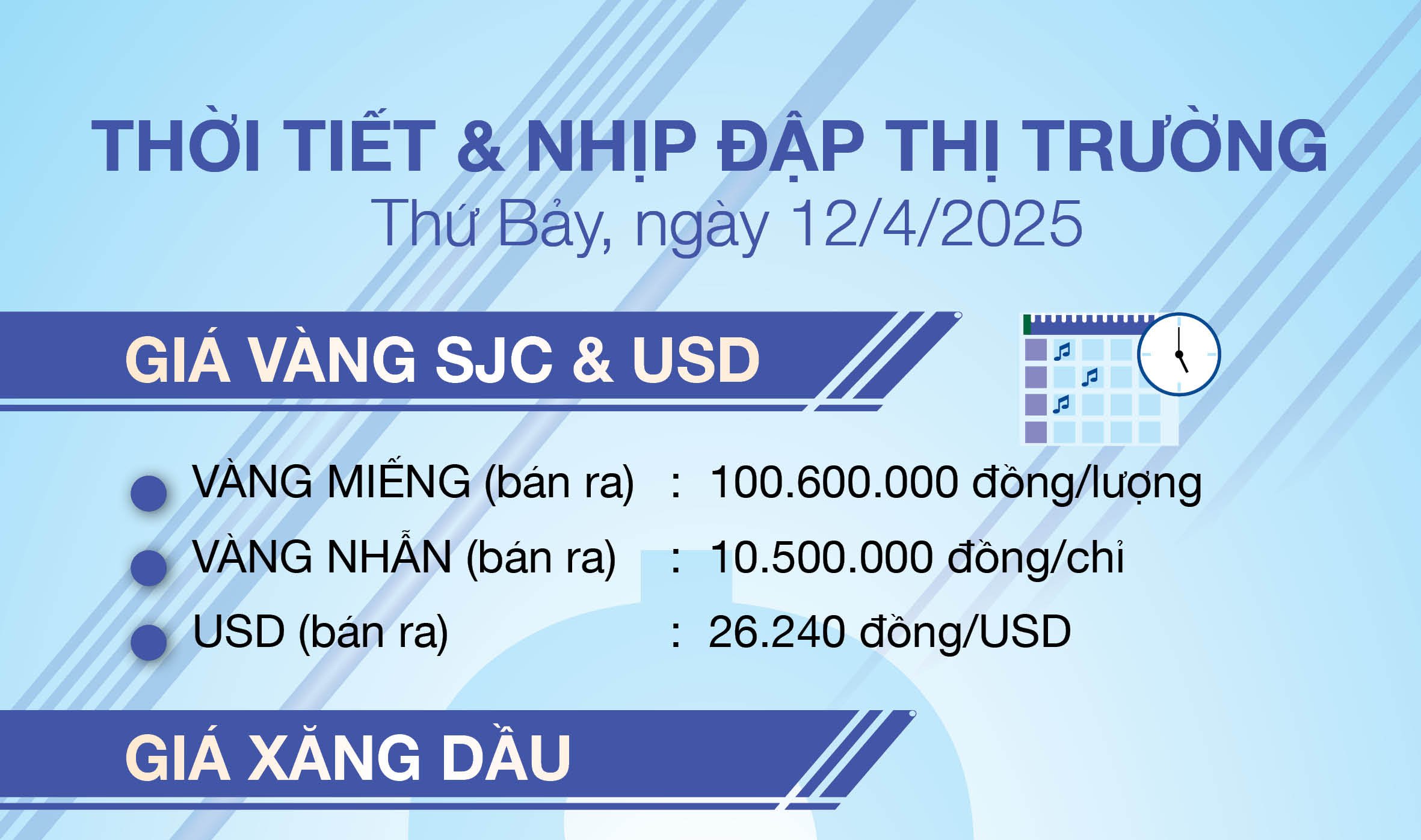

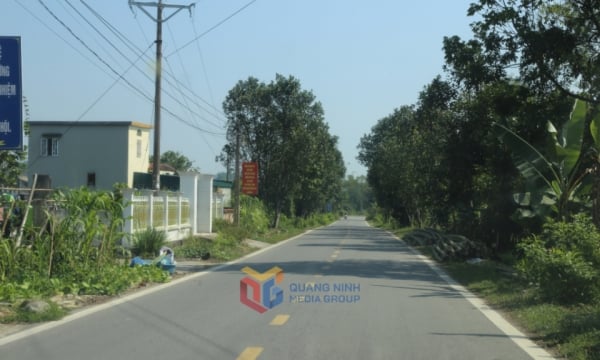



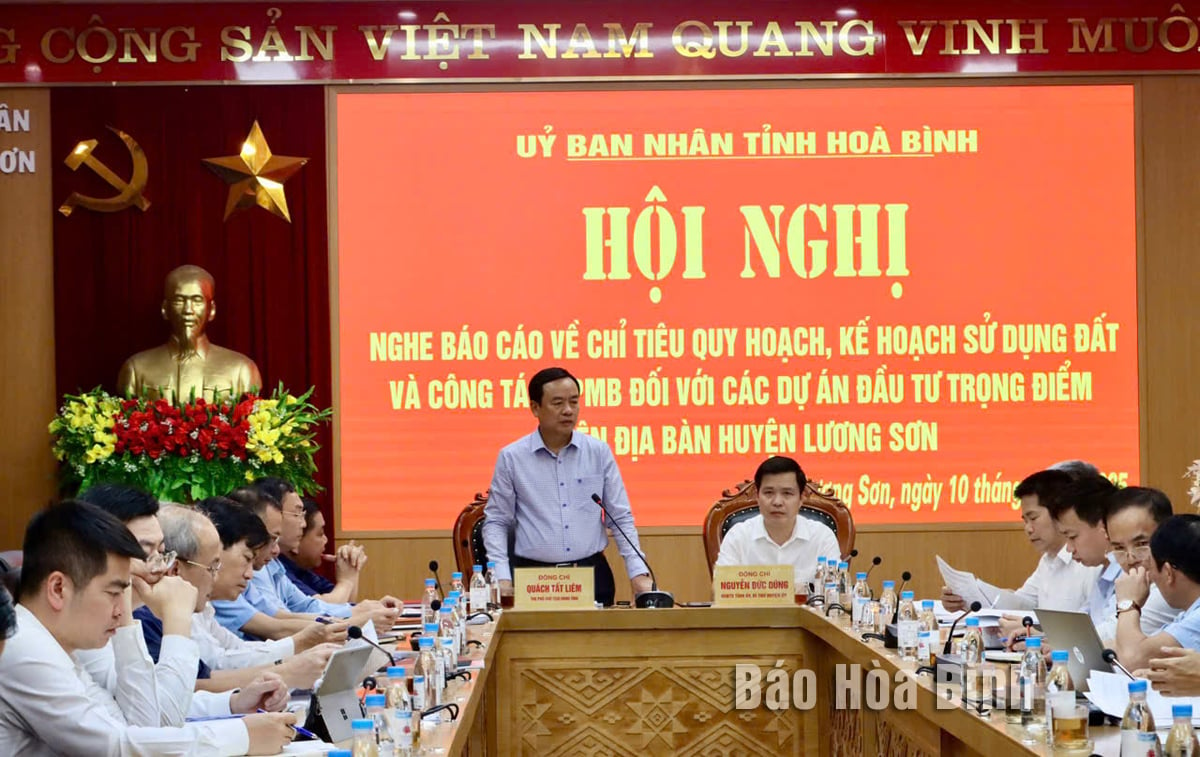
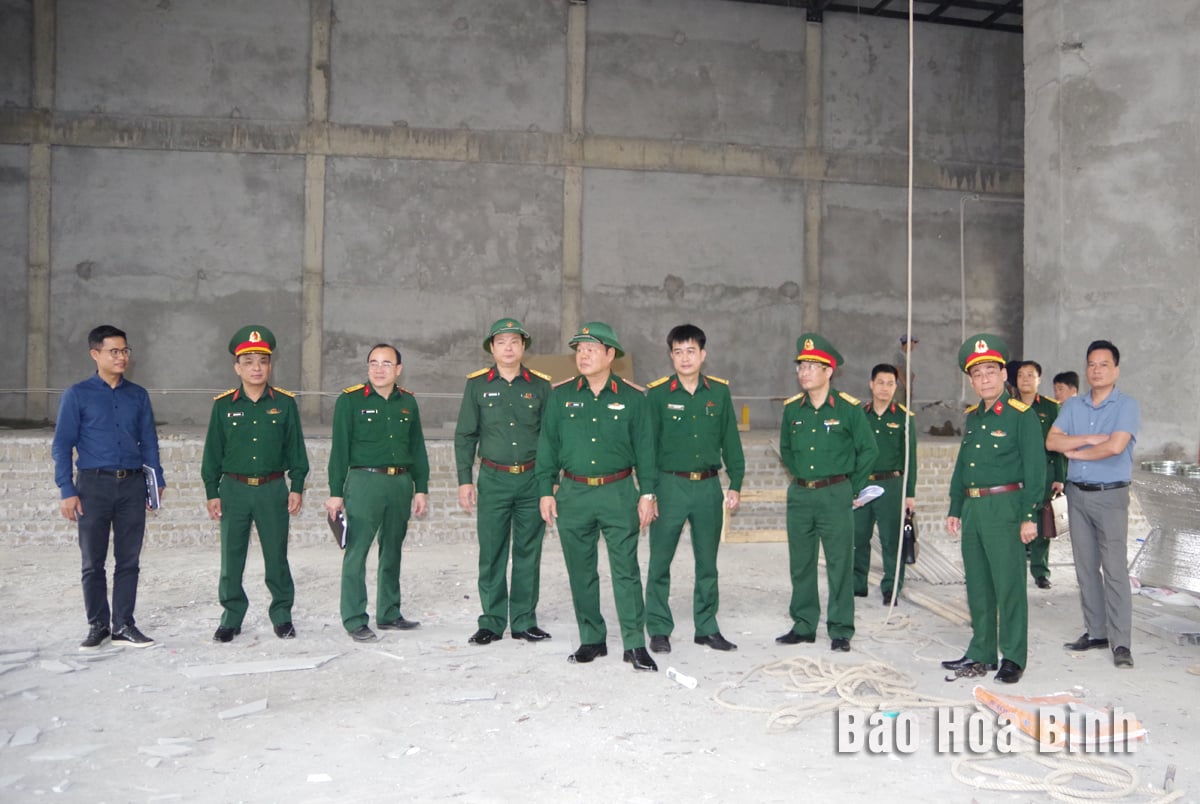

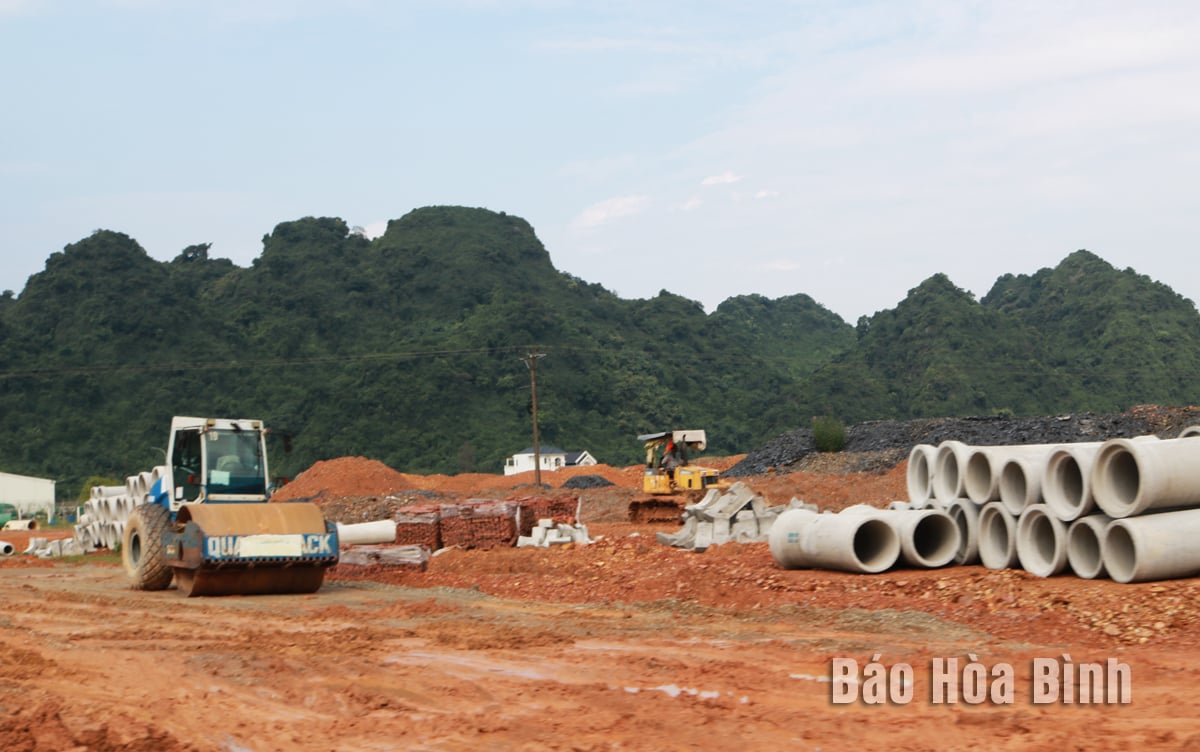



![[Photo] "Beauties" participate in the parade rehearsal at Bien Hoa airport](https://vstatic.vietnam.vn/vietnam/resource/IMAGE/2025/4/11/155502af3384431e918de0e2e585d13a)















































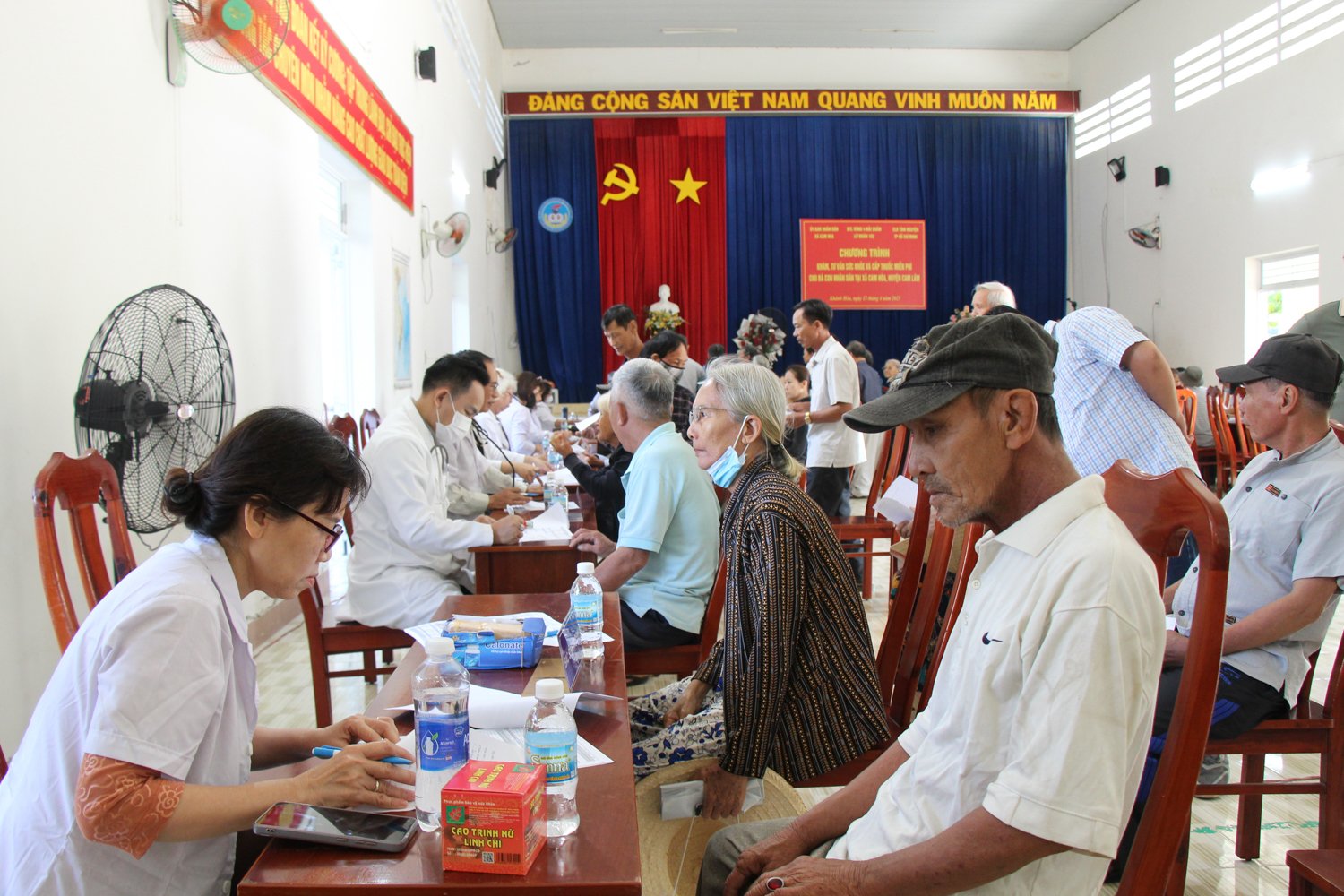














Comment (0)